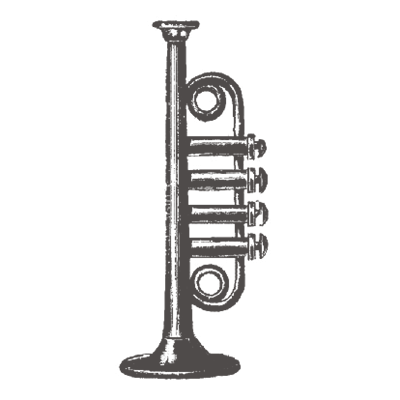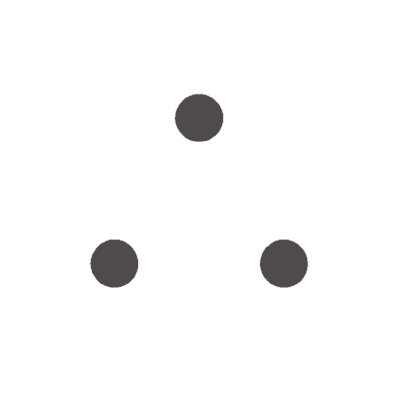Joanna Krakowiak
News from Poland – Business & Law, Episode 23: Challenges to food supply chains due to the war in Ukraine – how to avoid regulatory traps
27.09.2022
News from Poland
Joanna Krakowiak, attorney-at-law, member of the Council of the European Food Law Association, of counsel at Wardyński & Partners coordinating the work of the Life Sciences & Healthcare practice, explains how the war in Ukraine is forcing regulators to make changes to food law.

Advertising of medical devices and collaboration with influencers
08.09.2022
life sciences, competition, changes in law
Significant changes are coming for medical device advertising. The rules will be much stricter than before, but still more lenient than drug advertising regulations. For the first time, the new Medical Devices Act regulates influencer advertising. It is already clear that sponsored content will be deemed to be advertising and thus must meet specific requirements under the Medical Devices Act. Companies have until the end of the year to sort out their relationships with influencers.

Listing of entities for Polish and EU sanctions
12.05.2022
international law, corporate, administration
At the EU and national levels, severe economic sanctions are in place against many entities, mainly Russian. After entry into force of the Sanctions Act (the Act on Special Solutions for Countering Support of Aggression Against Ukraine and Protecting National Security of 13 April 2022), first published on 26 April 2022, the Polish sanctions list maintained by the Minister of the Interior and Administration took on particular significance. The purpose of its creation is clear: to counter support for Russia’s aggression against Ukraine. Nevertheless, the criteria for inclusion in the list are not clear-cut, and the procedure for issuing a listing decision greatly limits the right to defend against wrongful inclusion, as Polish entities can easily be included in the list.

Sanctions for violating sanctions
07.04.2022
international law, corporate, administration
Until now, the obligation to comply with the EU economic sanctions regime has arisen directly from the EU regulations, in particular Regulation 833/2014 and Regulation 765/2006 containing restrictive measures against Russian and Belarusian entities, but violation of bans has not been subject to fines. This situation should change, as a bill on special solutions to prevent the support of aggression against Ukraine and to protect national security is being taken up in the Polish parliament.

The impact of EU economic sanctions on business contracts
10.03.2022
international law, corporate, administration
24 February 2022, the day when Russian troops unlawfully invaded the territory of Ukraine, proved to be the beginning of a test of European solidarity, and of the resilience of the European economy. On a macro level, a huge question has arisen: Can the European economy function without eastern markets? At the micro level, businesses are faced with dilemmas of how to deal with counterparties from that region, particularly in the context of existing long-term contracts at an advanced stage of completion.

Contracts for supply of agricultural products under scrutiny
17.06.2021
administration, contract, life sciences
The EU’s Single CMO Regulation provides for heavy penalties for use of a form contract with even minor deviations from the formal requirements under that regulation. As a result, the National Support Centre for Agriculture may impose administrative fines of millions of zlotys on businesses.

Veggie burgers will still be a thing
29.10.2020
life sciences, project
On 23 October 2020 the European Parliament voted on amendments to the CMO Regulation (1308/2013). Ultimately the lawmakers decided not to ban the use of names alluding to meat in relation to plant substitutes. It will still be possible to buy vegetarian sausage in stores and order veggie burgers in restaurants. But makers of ersatz dairy products may face a tougher time.

Tech versus virus: Remote diagnostics
21.05.2020
coronavirus, life sciences, new technologies
This time we address solutions from the front lines: devices for remote diagnostics which can improve effective detection of the coronavirus and also unburden the health service in other areas. These solutions can also serve as a proving ground for the regulatory approach to oversight of algorithms.

Drug exports in a time of pandemic
23.03.2020
coronavirus, life sciences
The Minister of Health is issuing successive anti-export lists covering an increasingly wide catalogue of products at risk of shortages. This is to ensure access to drugs and medical devices for patients in Poland, especially during the difficult time of the COVID-19 pandemic. However, excessive expansion of the list of products may undermine the economic situation of producers manufacturing such products in Poland, which is probably not in line with the assumptions of the anti-crisis shield.

Drug distribution: New regulations in the Pharmaceutical Law
13.06.2019
already in force, life sciences
For many years, drug distribution has been a strictly regulated business. Entities participating in the trade are licensed, the direction of permitted sales is strictly defined, and the market is subject to control by the Pharmaceutical Inspectorate. Nevertheless, the phenomenon of the “reverse drug distribution chain” still exists. Does the “anti-export” amendment of the Pharmaceutical Law have a chance of eliminating irregularities without paralysing legal trade?

Will there be more transactions on the pharmacy market?
09.05.2019
life sciences, M&A
There have been few transactions on the pharmacy market in Poland since 25 June 2017, when the amendment to the Pharmaceutical Law popularly known as “Pharmacies for Pharmacists” entered into force. The transactions that did occur carried significant regulatory risk. This situation may change due to a recent interpretation by the Ministry of Health. Will we witness a gradual departure from the restrictive limitations under the 2017 amendment?

Food law 2019: GMO-free labelling
14.02.2019
life sciences, project
“GMO-free” offers a strong and appealing marketing message. The use of this claim is not regulated at the EU level. Individual member states, including Poland, are adopting national criteria that must be met by products for the manufacturer to call them GMO-free. What are these criteria, and what products do they apply to?
